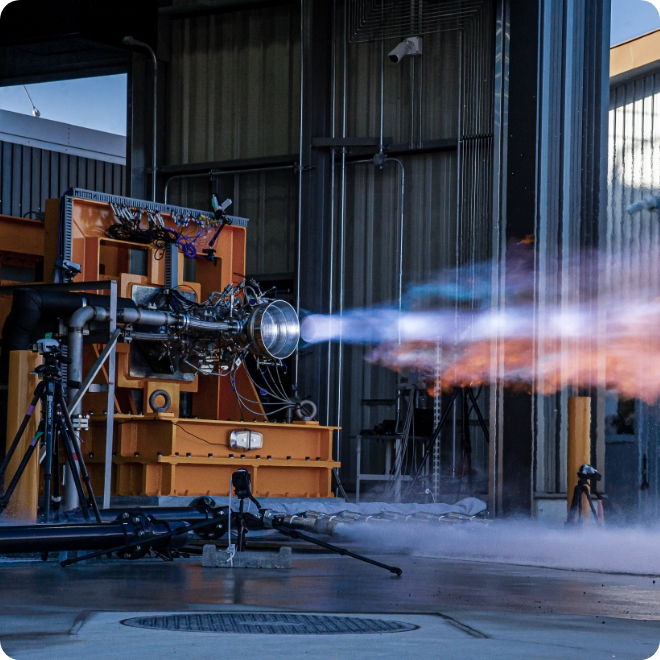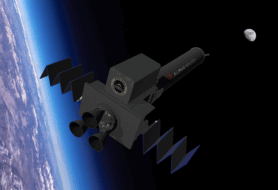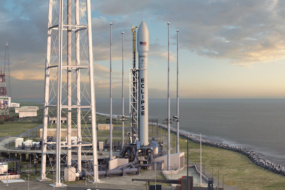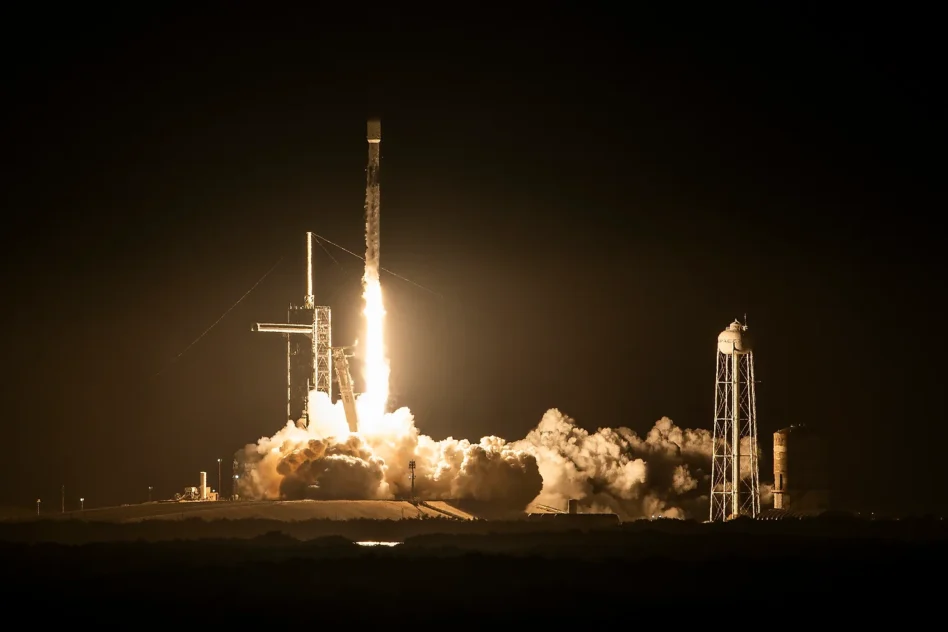Interstellar Technologies Inc. announced a new fundraising round that brings its total capital and government funding to 17B Yen ($117M).
While Mitsubishi Heavy Industries flies the H3 rocket for JAXA, Interstellar aims to be the first start-up to reach orbit from Japan. The Tokyo-based firm with 130 employees models itself on vertically-integrated launch vehicle and spacecraft manufacturers like SpaceX or Rocket Lab:
- After building and launching a suborbital rocket called Momo, the company will receive 14B Yen ($96M) in Japanese government funding to build its first orbital rocket, dubbed ZERO, with a goal of flying in 2025.
- ZERO is intended to carry 800 kg of payload to LEO, and be cheaper than Rocket Lab’s Electron, COO Keiji Atsuta told Payload in July.
- Interstellar is also developing a satellite communications network that envisions direct-to-device connections, but those plans are still at the research stage.
Big backers. Interstellar’s latest round was led by Japanese VC fund SBI and NTT Docomo, the country’s leading mobile firm. Japan’s space sector is also benefiting from significant government backing as the country’s policymakers try their hand at the public-private partnership model of tech development.
“The Japanese government has explicitly expressed its support for private rockets due to the growing importance of the space industry, and being selected for this support program has significantly accelerated our business,” Interstellar CEO Takahiro Inagawa said in a statement.
Fun fact. In Japan, it’s difficult to obtain refined kerosene rocket fuels like RP-1. Interstellar’s ZERO rocket is fueled by methane and liquid oxygen, the combination preferred for newer rockets like Starship and New Glenn. But Interstellar has a unique source: The company obtains its fuel from biomethane plants that manufacture the propellant from cattle manure.





